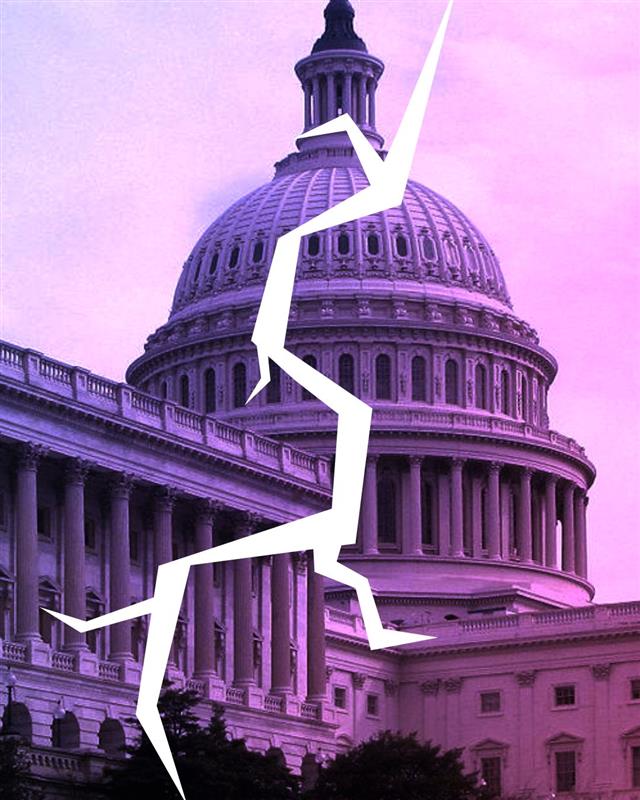Macron’s defeat is a warning to political leaders everywhere
The Big Picture
French President Emmanuel Macron’s centrist party suffered a historic defeat in the recent parliamentary elections, finishing third behind Marine Le Pen’s far-right Rassemblement National (33%) and the left-wing Nouveau Front Populaire (28%). Macron’s coalition managed only 20% of the vote, a stunning collapse for a leader once seen as the centrist antidote to political extremes.
This election serves as a cautionary tale—not just for France, but for democracies worldwide, including the United States. Macron’s failure wasn’t about ideology alone; it was about losing touch with voters on key issues like affordability and immigration. His party centralized power in Paris, leaving many French citizens feeling unheard and alienated.
For American politicians, the lesson is clear: if voters feel ignored, they will turn elsewhere, even to political extremes, in search of leaders who seem to listen.
Zooming In
Macron’s fall: A failure of grassroots politics
Macron first won the presidency in 2017 by positioning himself as a pragmatic, centrist alternative to France’s traditional parties. However, over time, his governing coalition lost local connections, focusing too much on Paris and alienating voters in rural and working-class regions.
- Tara Varma, a visiting fellow at the Brookings Institution, noted that Macron’s party lacked “local anchorage,” meaning it failed to maintain grassroots engagement.
- This disconnect allowed both the far-right and far-left to gain traction by offering what seemed like more tangible, localized solutions.
Policy missteps that fueled discontent
Macron’s attempts at modernization and economic reform triggered massive protests:
- His fuel tax hike led to the Yellow Vest movement, a populist uprising demanding economic justice.
- His pension reforms, pushed through without parliamentary approval, sparked nationwide strikes.
- His pro-European trade policies alienated both right-leaning nationalists and left-leaning economic populists.
The result? Voters didn’t necessarily embrace Le Pen or the far-left—they simply rejected Macron.
Independent Lens
Macron’s defeat is a wake-up call for U.S. politicians. His downfall wasn’t about ideology—it was about failing to engage with voters on their most pressing issues.
In both France and the U.S., affordability and immigration dominate voter concerns. When political leaders ignore these issues or impose unpopular policies without genuine grassroots support, they create space for outsiders to rise.
The lesson for American politicians, whether centrist, left, or right, is clear: voters want leadership that listens and responds to their needs. Otherwise, they will seek new leaders—whether or not they fully align with them ideologically.
Join the movement and stay informed about the independent voter perspective in 2024.





%201.jpg)